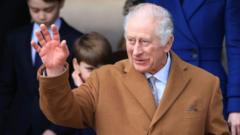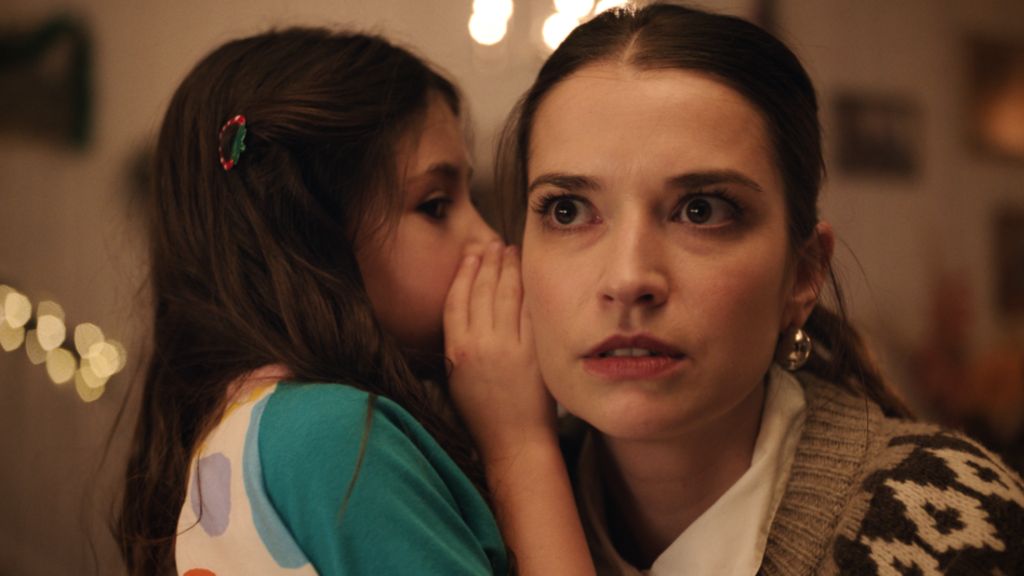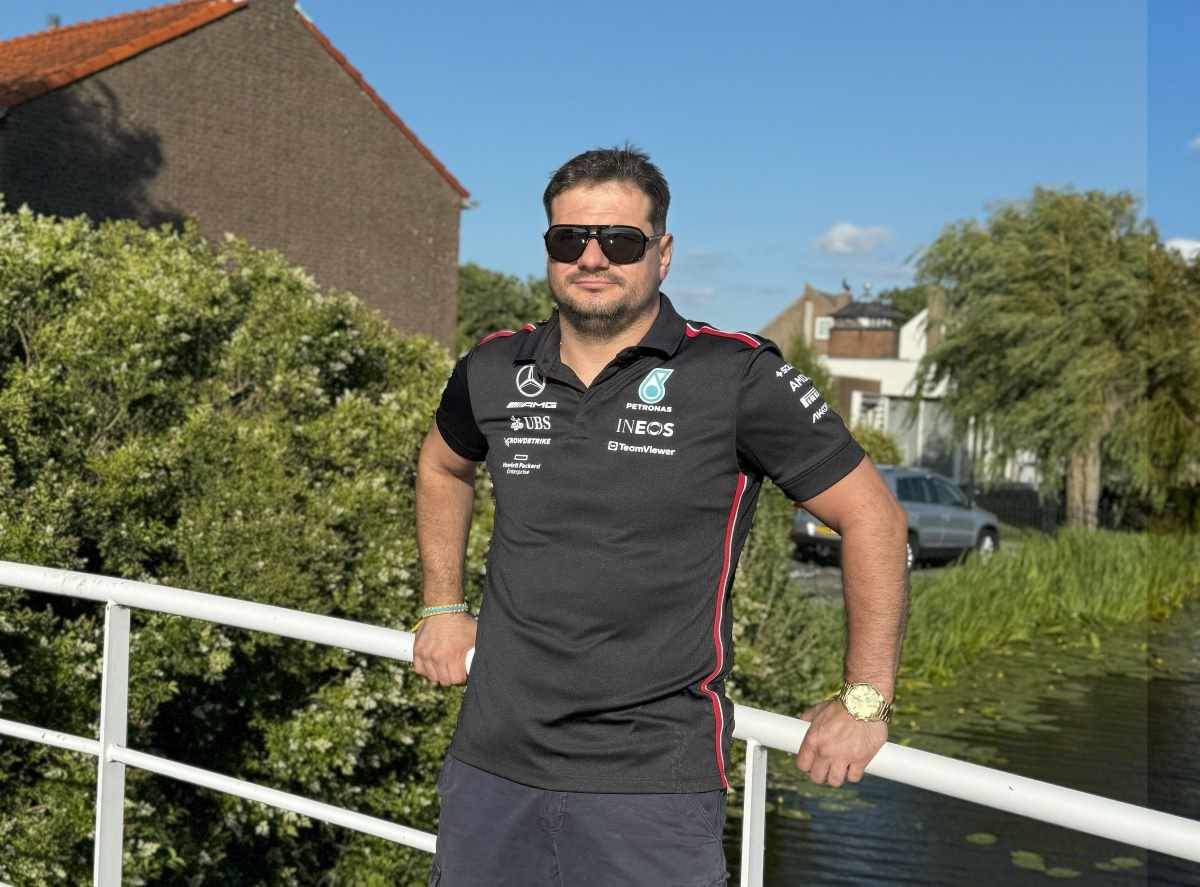
The results of the Eurovision 2025 grand final have brought countries together once again—this time in a growing call for the EBU to provide answers regarding the competition’s voting system. Norway’s national broadcaster, NRK, has become the latest to express its concern and call for a review.
The broadcasters from Spain, Iceland, Belgium, Finland, Ireland, the Netherlands and Slovenia have all previously raised questions following the conclusion of the 2025 contest.
NRK supports review of Eurovision voting system
Like several of the other countries, NRK’s main concern is the need for a thorough review of the voting system.
Entertainment editor Charlo Halvorsen stated that trust in the current system has been eroded following this year’s results. Halvorsen emphasised that, as a member of the EBU, NRK requests to be involved with the review process.
“It is serious if there is any doubt that the result of the vote reflects the public’s opinion. We cannot have that. We therefore support a thorough review of the voting system to ensure that confidence in the competition is maintained.
“The purpose of the review must be to strive for as fair a competition as possible, in line with Eurovision’s intentions and guidelines.”
Israel’s televoting result is questioned
Since Saturday’s grand final, concerns have been repeatedly raised about the voting campaign conducted for Israel, which was represented this year by Yuval Raphael with the song “New Day Will Rise.”
Advertisements featuring the Israeli contestant appeared on YouTube, encouraging viewers to vote for her. A commercial was also displayed on a large screen in New York’s Times Square. According to an investigation by Eurovision News Spotlight, the campaign was funded by a government-owned agency.
Norwegian TV producer and Eurovision expert, Anders Tangen, believes the advertising effort was designed specifically to secure a victory for Israel, suggesting that it reflects state-level involvement in influencing the contest’s outcome.
“They did the same thing last year, and with campaigns like that two years in a row, you can see that they think they have something to gain from this.”
In numerous advertisements, it was clearly indicated that they were financed by the Israeli Government Advertising Agency. This comes despite Eurovision rules that aim to prevent any form of political involvement in the contest.
Middle East expert Hilde Henriksen Waage noted that, since World War II, it has been important for Israel to promote its image to the West and Europe:
“They have always used Eurovision as a platform for political marketing. And after October 7th it has become even more important.”
NRK journalists attempted to question the Israeli delegation at the Eurovision 2025 press centre about the funding behind the voting campaign but did not receive a response.
Mads Tørklep, project manager at Melodi Grand Prix (MGP), believes it is up to the EBU to determine whether the campaign constitutes a rule violation, as it could be interpreted as a “political move.”
In an email to NRK, Eurovision Song Contest Director Martin Green stated that many delegations use paid promotional efforts to support their song, raise the artist’s profile, and boost their broader career:
“Our rules do not prohibit participating broadcasters or third parties such as record labels or others from promoting their contributions online and elsewhere.
“As long as such promotion does not use the competition as a means for other purposes or violate the editorial guidelines.”
Israel won the public televote with 295 points, securing second place overall. Under current Eurovision rules, each person can vote up to 20 times per credit card—meaning individuals with multiple cards can potentially cast more votes. Pro-Israel commentators and organisations, such as With Israel for Peace, actively encouraged people to take advantage of this system and vote numerous times for Israel.
Mads Tørklep emphasises that it is in everyone’s interest for the voting system to undergo a thorough evaluation.
This year, Norway was represented by Kyle Alessandro, the youngest contestant of the edition at just 19 years old. He performed “Lighter,” a heartfelt tribute to his mother, who has been battling cancer. Norway ultimately placed 18th in the grand final.
What do you think? Is it fair to allow up to 20 votes per credit card? Is NRK right to seek a review of the current Eurovision voting system? Share your thoughts in the comments below.















